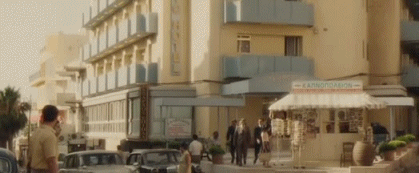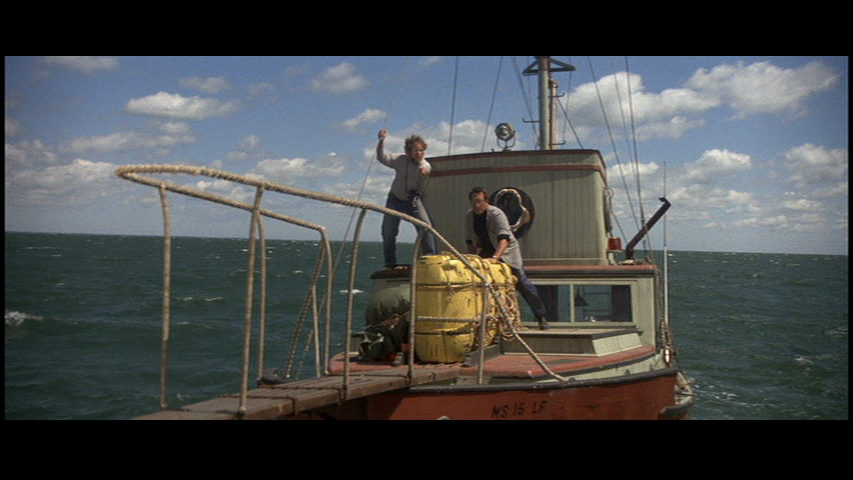SCULLIBUNDO
Banned
Twelve Quick Examples (10:00)
Eight Lengthy Examples (13:51)
One Scene, One Shot (7:59)
http://www.ropeofsilicon.com/focusing-spielbergs-use-long-take-oner-will/
I've long talked about this fact, but this guy cutting together these videos gives me cause to post a thread.
Spielberg is the fucking master of the one-take because it's usually never done in a way that eschews narrative engagement for showmanship. The one-take is never there for the sake of the challenge or accomplishment itself. It almost never draws attention to itself, but is instead always, always, always at the service of heightening the sense of verisimilitude for the audience.
Most of all, they show that Spielberg is pretty much unrivaled when it comes to his sense of mise en scene. How he visually conveys information is second to none. I posted this in the Movies thread a while back, but watch (even without sound) how Spielberg navigates our interest in one short movement to who or what is pertinent.

It's just short scene of three characters talking in a car while surveying a target and it's a thing of beauty.
Eight Lengthy Examples (13:51)
One Scene, One Shot (7:59)
http://www.ropeofsilicon.com/focusing-spielbergs-use-long-take-oner-will/
I've long talked about this fact, but this guy cutting together these videos gives me cause to post a thread.
Spielberg is the fucking master of the one-take because it's usually never done in a way that eschews narrative engagement for showmanship. The one-take is never there for the sake of the challenge or accomplishment itself. It almost never draws attention to itself, but is instead always, always, always at the service of heightening the sense of verisimilitude for the audience.
Most of all, they show that Spielberg is pretty much unrivaled when it comes to his sense of mise en scene. How he visually conveys information is second to none. I posted this in the Movies thread a while back, but watch (even without sound) how Spielberg navigates our interest in one short movement to who or what is pertinent.

It's just short scene of three characters talking in a car while surveying a target and it's a thing of beauty.



